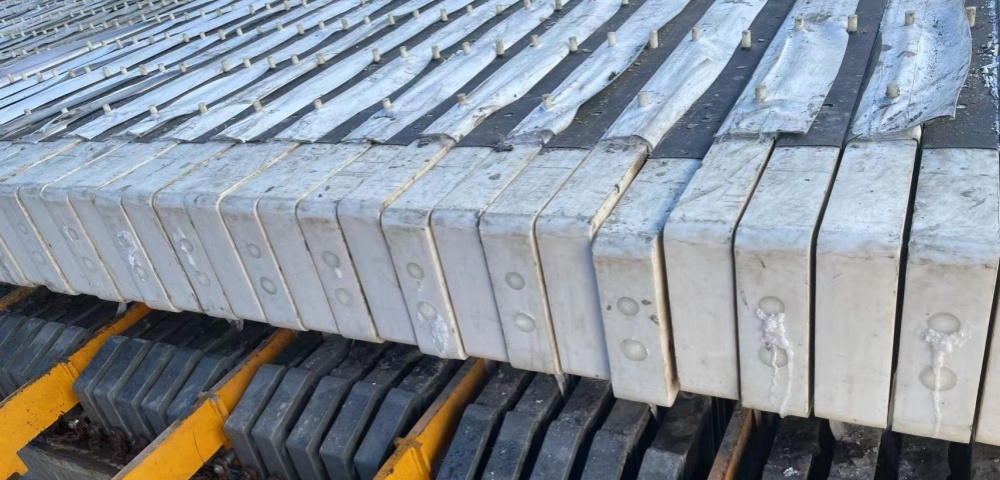
In the field of solid-liquid separation, the filter press cloth is a core piece of equipment, and its performance largely depends on the quality and compatibility of the filter cloth. Air permeability and filtration precision are two critical parameters that engineers must carefully balance when selecting the appropriate filter fabric.
There is an inherent inverse correlation between a filter cloth’s air permeability and its filtration precision:
l The smaller the pore size, the higher the cloth’s ability to capture fine particles, thus improving filtration precision.
l However, smaller pores increase the resistance to airflow or liquid flow, reducing air permeability.
l Conversely, larger pore sizes allow for better airflow and throughput but decrease filtration accuracy.
Therefore, engineers must make informed trade-offs based on their specific process goals. With advances in weaving technologies, it is now possible to optimize pore distribution to maintain relatively good permeability while enhancing the cloth’s ability to capture fine particles. Nevertheless, such optimization still faces physical limits.
Different industries have distinct filtration requirements:
Pharmaceutical and food industries demand high product purity. In such cases, filtration accuracy takes priority, and filter cloths with fine, dense pores are recommended—even at the expense of lower air permeability.
Wastewater treatment and mineral processing involve large volumes and coarser solids, so higher air permeability is preferred to maximize throughput and efficiency.

To achieve an optimal balance between performance, efficiency, and cost, a systematic evaluation is recommended:
Identify the core process need – Is filtration precision or flow rate more critical?
Consider process conditions – such as pressure, temperature, and the nature of the filtering media.
Analyze particle size distribution – to determine the required pore size for effective retention.
Evaluate cost-effectiveness – to avoid over-engineering and unnecessary costs.
As a professional supplier of industrial filter cloths, Bolian offers a complete product portfolio with detailed specifications, covering a wide range of filtration precision, air permeability, and resistance to temperature and pressure.
We help customers accurately match the right filter cloth based on particle characteristics, operating temperatures, and equipment needs—delivering filtration solutions that are efficient, safe, and economically optimized.